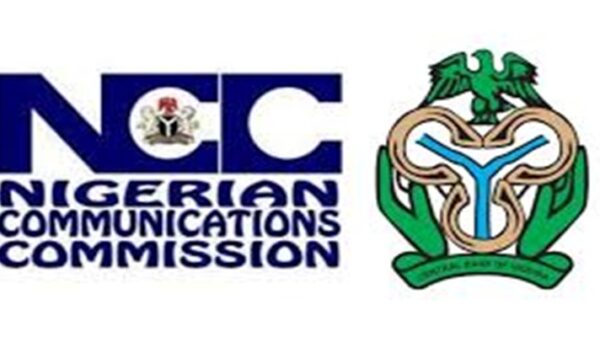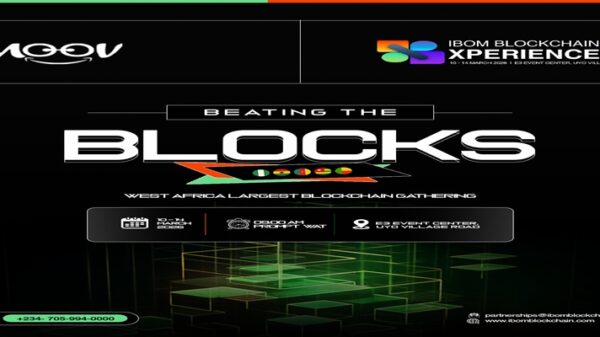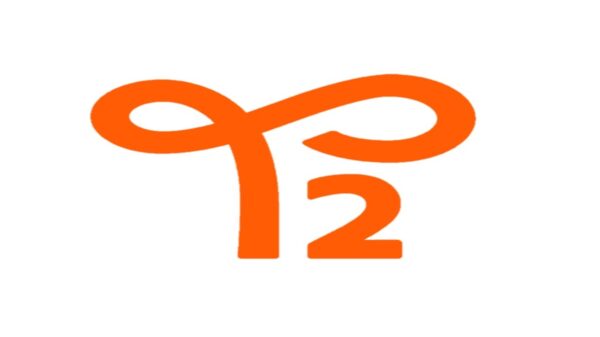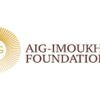The Board of Directors of the African Development Bank Group, approved two grants worth $ 83.6 million to boost cross-border electricity trade between Ethiopia and Djibouti and deepen integration in the Horn of Africa sub-region. Africa.
The funds include a $ 69.65 million grant to Ethiopia and a second $ 13.93 million grant to Djibouti, both from the African Development Fund, the concessional financing window of the African Development Bank.
The electrical interconnection project between Ethiopia and Djibouti will involve the construction of almost 300 km of interconnection lines, 170 km of transmission lines and the new construction or renovation of substations in the two countries.
“The first interconnection line is reaching its limit of energy transfer capacity due to various developments in both countries, such as industrial development in the eastern part of Ethiopia, the railway line from Djibouti to Ethiopia (powered by electricity) and the expansion from the port in Djibouti.
Therefore, the two countries have decided to develop the second power interconnection line to maintain the safety and reliability of power in Djibouti, ”said Mr. Batchi Baldeh, Director of Power Systems Development of the Bank.
The completion of the project is expected to increase Ethiopia’s energy export earnings while boosting Djibouti’s access to reliable and affordable clean electricity, reducing costs to less than $ 0.10 per kWh.
Other expected impacts in Djibouti include a more business-friendly environment and job creation for young people, as well as lower greenhouse gas emissions.
In 2004, the Bank financed the first electricity interconnection project between the two countries.
This second project is expected to take advantage of the benefits achieved in the last ten years, including a 65% increase in customer connections in Djibouti and a sharp reduction in the use of thermal generation plants from 100% to around 16% . Ethiopia has earned $ 275 million in energy export earnings during the same period.
The project is aligned with the Bank’s East Africa Regional Integration Strategy Document, which seeks to promote regional infrastructure for economic transformation.
![]()




























































